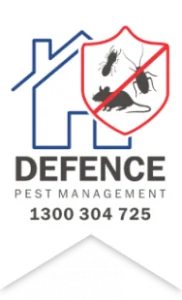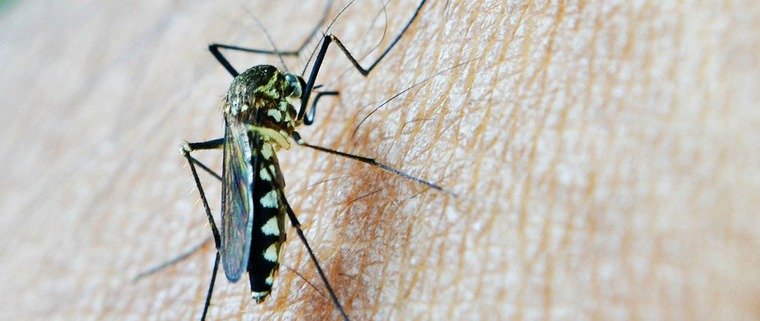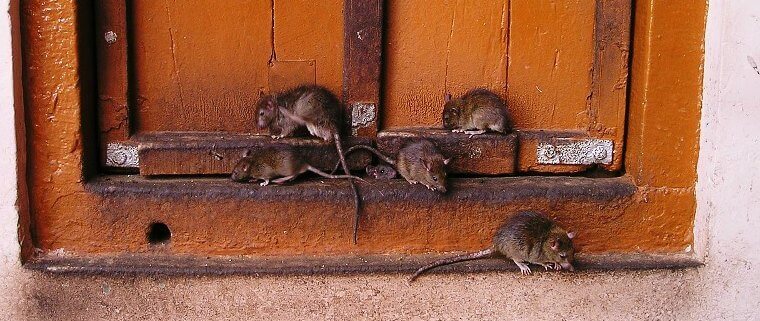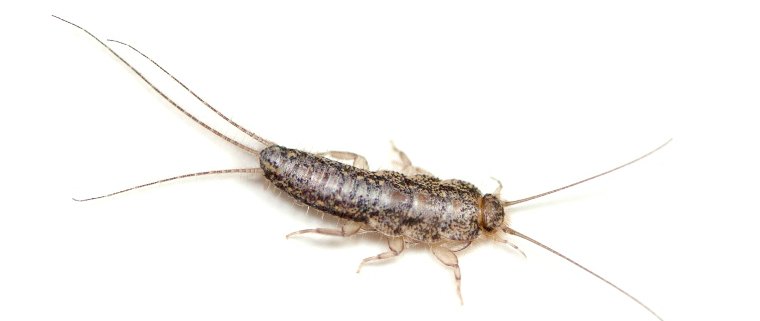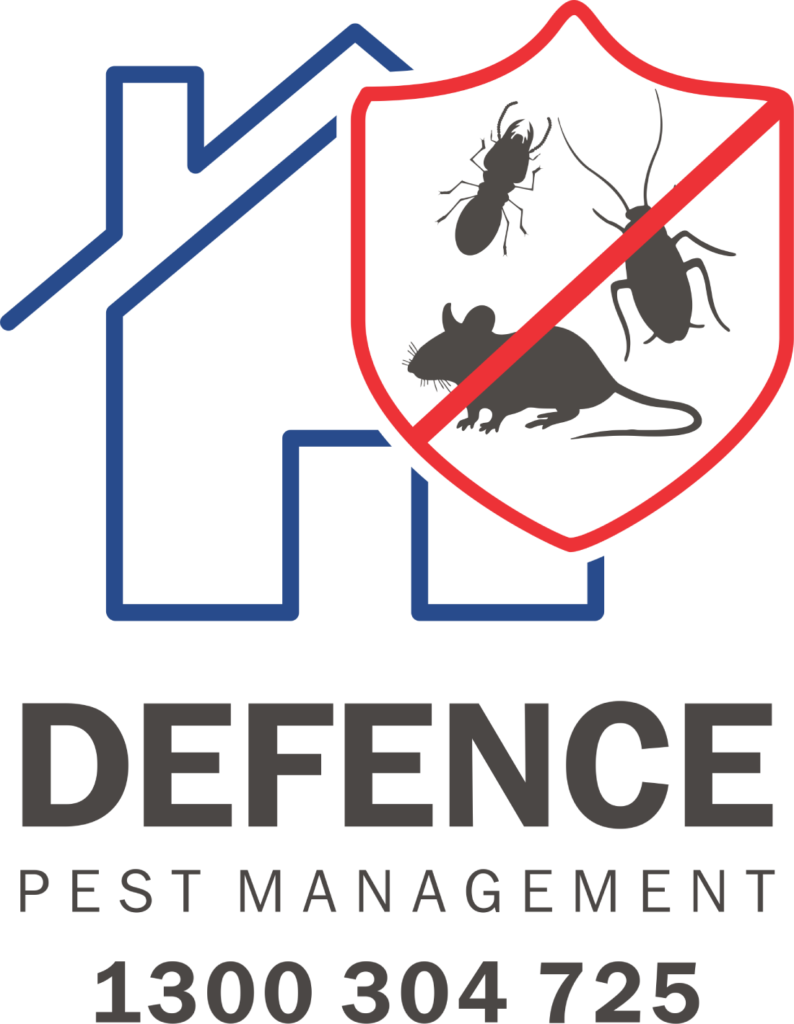The Problem
Insects can often be a persistent problem for homeowners, in many cases causing a variety of issues that have to be dealt with by professionals. In some instances, the problem is simply a nuisance due to biting and skin irritation. Biting midges, or sandflies, can be bothersome pests when found in large numbers.
What is a Biting Midge?
Biting midges are very hardy and tiny insects that belong to the fly family. They are found throughout the world, but are most commonly found in areas such as mangrove swamps and pools of water or ponds near coasts. Some small sections of biting midges bite into the victim with their mouth and suck that individual’s blood. These midges do their best work early in the morning at sunrise and at dusk. They do not tend to be out in numbers when the weather is extremely windy, as during these times, they tend to congregate in plants and other foliage. Both the male and female variety of biting midges enjoy fruit nectar and vegetable juices. The female is the only one that will suck the blood of the victim that it bites. They lay their eggs in areas such as wet soil, ground materials that are decaying or in mud. These places provide the necessary moisture and food for the larvae to grow successfully over a 3 to 10 week period.
Their Affect on People
Pest control Brisbane can help homeowners to reduce the problematic behaviour of biting midges. Pest inspection in Brisbane can identify potential areas around the home and property they create the optimal environment for their eggs and growth.
Bites from biting midges can cause a variety of reactions. Some people are more sensitive than others and can end up with blisters and drainage from the bites, which at times may last for an extended period of days or weeks. The good news is that in Australia they are not known to carry any illnesses dangerous to people.
Keeping biting midges at bay starts by staying away from places where they are commonly found during the early morning and evening hours. Wearing long sleeved shits and pants along with the use of insect spray can protect an individual. Those who are especially affected from a midge bite may need to take allergy medication such as an antihistamine to help relieve the effects.
Keeping your home and property free of biting midges can start by not providing the type of environment that they need to lay eggs in. Keeping your lawn healthy and not leaving standing water around to create a muddy, moisture rich environment can help. If your children play outside early in the morning or evening, make sure that they are wearing appropriate clothing and bug spray protection.
